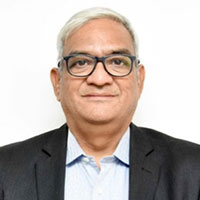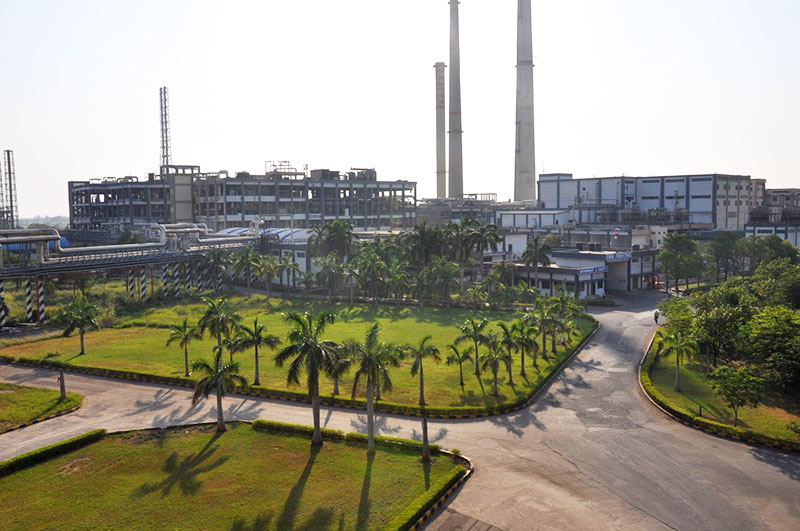Birla Cellulose - Insider Series Q&A with Surya Valluri, Chief Sustainability Officer, Birla Cellulose, Aditya Birla Group
06 October, 2022
What inspires and excites you most about your work?
As the fashion industry has expanded, so have concerns about the impact that clothing has on environment—how the fibers used in textiles and clothing are sourced, and what happens to them at the end of their life. We believe we have a responsibility to provide the industry with a sustainable raw material, and MMCFs have highly desirable sustainability credentials and outstanding features. All MMCFs are made from sustainable raw material, are produced using closed-loop processes that conserve resources, and at the end of life return to nature. Our work confronts us with new challenges every day and always pushes us to achieve more.
What is your main focus at the moment?
Our main focus is building a circular business model. We understand the issues the world is facing, particularly in terms of resource consumption. The MMCF process has the unique capacity to recycle pre- and post-consumer cotton waste and turn it into new fibers. Birla Cellulose launched Liva Reviva in 2019 as a circular product and this product has grown significantly in the last few years, and we have a very ambitious plan to increase the volume of circular fibers such as Liva Reviva to 100,000 tons per year by 2024, as well as to increase recycled content and our use of post-consumer waste. We have partnered with Fashion for Good for several projects on circularity and with innovators such as Renewcell for pulp sourcing.

What do you think are the biggest challenges facing the sector?
The depletion of natural resources, climate change, and what happens at the end of life, are all concerns that are attracting the attention of consumers, retailers, brands. Society is expecting the industry to take responsibility for improving the management of the whole value chain. As to the specific issues that the MMCF industry is facing, there are three: first is sustainable forestry, second is closed-loop processing, and the third is circularity. The MMCF industry is forest-based, so we follow a very stringent wood-sourcing policy and best practices, such as having CanopyStyle audits and getting forestry certifications. We have committed to implement EU BAT at all our fiber sites and have a very aggressive plan to increase our volume of circular fibers to 100,000 tons per year, as I mentioned before.
What market dynamics do you see in the sector?
The key trends that are shaping the fashion industry are sustainable fashion and rising demand for skin-friendly, eco-friendly and biodegradable fabrics. In respect of this demand, man-made cellulosic fibers have a significant advantage over other natural and synthetic fibers. Consumers also expect that industry should care about more than its business profitability. Businesses should work towards protecting the health and wider interests of society and the planet in order to help reduce social inequality and environmental damage. We’re seeing a shift to alternative raw materials, a greater level of recycling, and selective and responsible partnerships across the value chain, as well as better communication with customers.
What actions do you take that are related to water?
MMCF manufacturing requires a large quantity of water, and access to water—both in terms of quality and quantity—is of paramount importance. For Birla Cellulose, this means creating viscose fiber through a process that reduces its water consumption radically. We’re committed to reducing our water intensity by 50% by 2025 from our baseline, and aligning our initiatives with SDG 6 and SDG 12 for improving the management of water resources efficiently and consuming natural resources responsibly. This commitment can be seen in the steady decrease in our water consumption at our sites: it’s fallen by nearly 45% in last seven years. We also have commissioned zero liquid discharge at one site in India, which is a global first for the MMCF industry.
Source : https://hub.textileexchange.org/viewdocument/birla-cellulose-insider-series-q